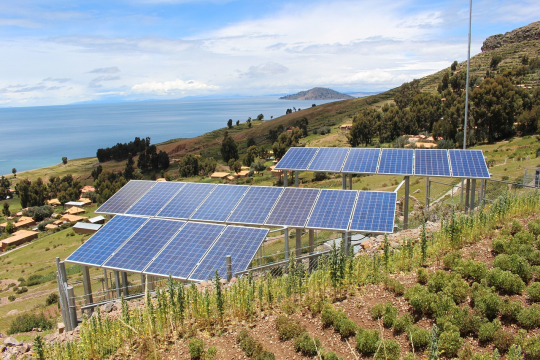In the ongoing struggle against climate change, a recent study has underscored the need for policymakers to understand the determinants of CO2 emissions. The study, conducted across 103 countries reveals how renewable energy use, financial market progress, per capita income growth, and population size affect both consumption and production-based carbon emissions.
The study's findings show that increased adoption of renewable energy leads to a reduction in CO2 emissions, marking a positive stride towards sustainable practices.
According to the study titled Determinants of consumption-based and production-based carbon emissions, a single increase in renewable energy consumption leads to more than a double reduction in consumption-based CO2 emissions, especially in southern countries with low-emitting potentials.
More reduction of CO2 emission in high-emitting countries
However, in high-emitting countries, the reduction is even more substantial, with a single increase in renewable energy consumption associated with up to five times decline in carbon emissions.
Similarly, the research highlights that improvements in the financial sector are linked to reducing carbon emissions, offering a promising avenue for environmental conservation efforts.
The study also identified per capita income growth and population size as contributors to elevated CO2 emissions.
"This implies that as economies grow and populations increase, there is a corresponding rise in carbon dioxide emissions, necessitating a careful balance between economic development and environmental sustainability," Dr Ifeoma Quinette Anugwa, an EfD Nigeria researcher who co-authored the study said.
Implication for policymakers
Ifeoma Quinette Anugwa said that the numerical figures provided by the study offer policymakers insights into the potential impact of various factors on carbon emissions. For instance, a 1% increase in renewable energy consumption in low-emitting countries decreases production-based CO2 emissions by 2.2% to 4.6%, whereas in high-emitting countries, the reduction is between 3.6% and 5.4%.
She said that the findings of the study hold significant implications for policymakers worldwide as it provides them with critical information to develop strategies that effectively curb emissions while promoting sustainable economic growth.
